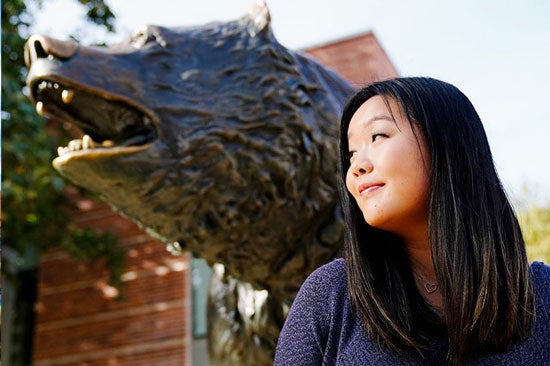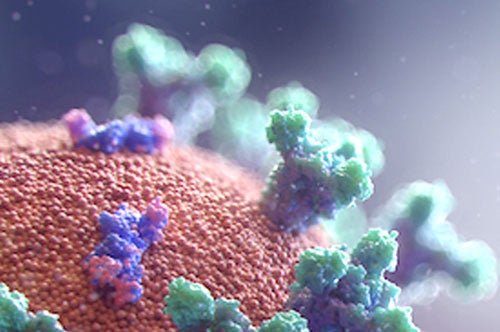To protect the health of the campus community, isolation and safety protocols are in place for when individuals test positive for COVID-19.
This page addresses the following topics:
- What to do if you test positive
- Do you need to isolate?
- What if you have a ‘COVID rebound’?
- What should ‘close contacts’ do?
What should I do if I test positive?
If you test positive through on-campus diagnostic testing or off campus, please contact:
For students
Exposure Management Team
310-206-6217
exposuremanagementteam@ashe.ucla.edu
For faculty and staff
UCLA Occupational Health
310-825-6771, Option 4
Complete this questionnaire
Campus health officials will then advise you and any close contacts — those who have been with you in an indoor setting for a total of 15 minutes over a 24-hour period — on how to proceed, per Los Angeles County Department of Public Health and UCLA isolation protocols.
Do you need to isolate?
UCLA is following Los Angeles County Department of Public Health guidelines (PDF), outlined below, on isolation for those who test positive for COVID-19. These guidelines apply to students, faculty and staff, regardless of their vaccination status.
- Symptomatic: If you test positive and are symptomatic or feverish, you should isolate at home until (1) you have been fever-free for 24 hours without medication and/or (2) your other symptoms are mild or improving. While isolating, wear a mask if you come into contact with others, including those you live with. Even after your isolation period, you must continue to mask for 10 days from the onset of your symptoms. (It is recommended that you test again before returning to normal campus activities.)
- Asymptomatic: If you test positive but have no symptoms, you may remain involved in regular campus activities but must wear a highly protective mask for 10 days after your positive test.
Masking exceptions: You may remove your mask before completing the 10-day requirement if you test negative twice, 24 hours apart.
Note: Health care workers — including student health care workers — may need to follow other specific protocols.
What if you have a ‘COVID rebound’?
In some cases, your symptoms may return or get worse after you have ended your isolation period. This is known as “COVID-19 rebound.” If this happens, you must isolate away from others and again contact the Ashe COVID Hotline or UCLA Occupational Health for guidance.
If you are instructed to isolate again, follow the instructions above on isolation.
What should ‘close contacts’ do?
If you know or find out you are a close contact of an infected person, you should:
- Mask: Wear a highly protective mask around other people — especially in indoor settings and near those who are at high risk of severe illness — until 10 days have passed since your exposure to the infected person.
- Monitor: Watch out for symptoms for 10 days after exposure. If you develop symptoms, stay home, away from others, and test as soon as possible.
- Test: Take a COVID-19 test 3–5 days after your exposure. If you test positive, follow the reporting and isolation instructions above.
Further details
Note: This protocol does not apply to UCLA Health employees, who must follow protocols for health care settings, or to pre-K–12 schools and programs, which must follow the LACDPH’s protocol for K–12 schools (PDF) and exposure management plan (PDF).
For more information on isolation and contact tracing procedures, see the following resources:



